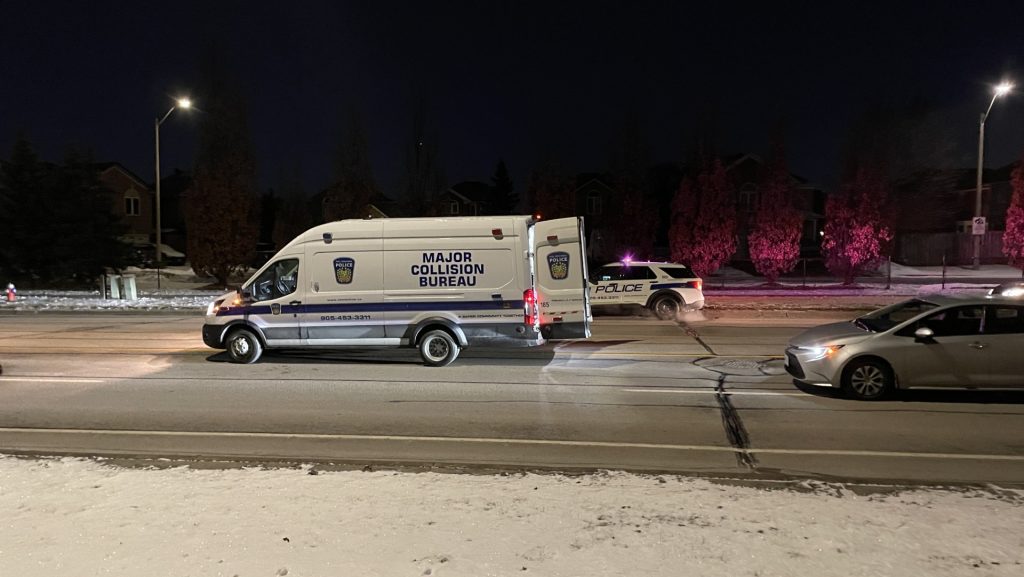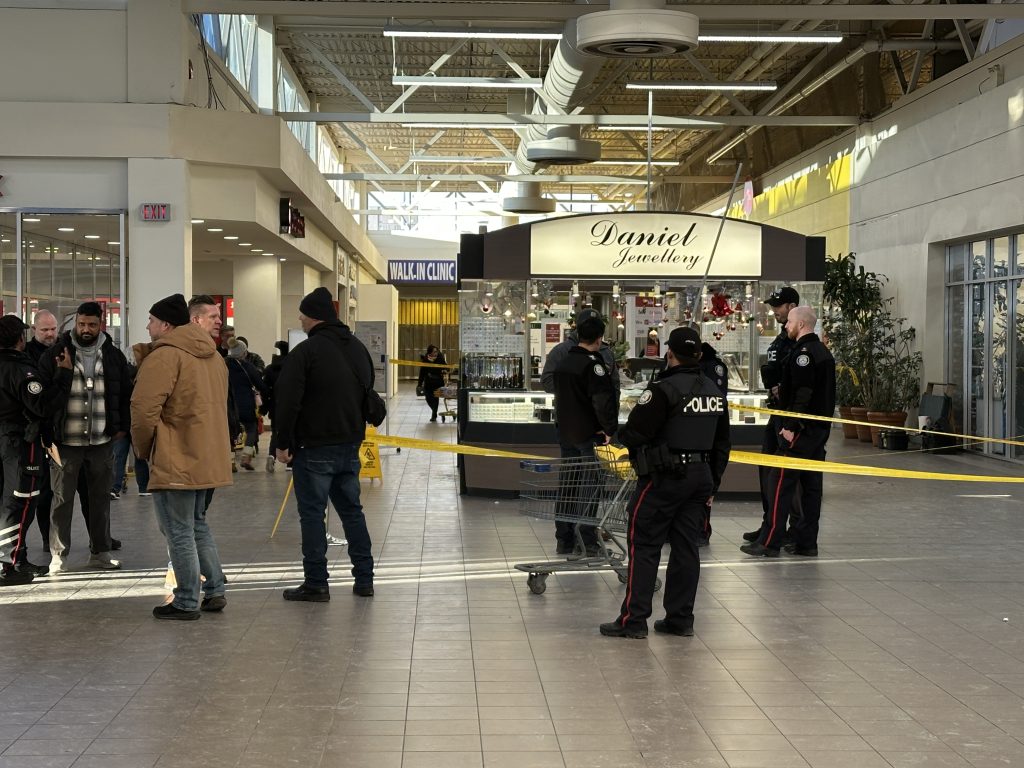Jurors deliberating Jacob Hoggard trial return with more questions Sunday

Posted June 4, 2022 9:20 pm.
Last Updated June 5, 2022 2:59 pm.
Jurors in the sexual assault trial of Canadian musician Jacob Hoggard asked more questions related to consent Sunday as deliberations continued for a sixth day.
The jury asked the judge to explain how a complainant’s words and actions could be used to try to raise a reasonable doubt about her evidence related to her state of mind at the time of the alleged incident without falling back on stereotypes and assumptions regarding how sexual assault victims should behave.
It asked for examples related to the second complainant, an Ottawa woman who met Hoggard on the dating app Tinder in November 2016 and travelled to see him in Toronto later that month.
The jury also asked for clarity on what would represent genuine, rather than willful, ignorance of a complainant’s lack of consent.
Hoggard testified during trial that while he doesn’t have a detailed memory of the encounters, he is confident the complainants consented based on their verbal and non-verbal cues.
In her answers to jurors Sunday, Ontario Superior Court Justice Gillian Roberts said she could not provide specific examples on how to assess the second complainant’s evidence for fear of interfering with their fact-finding process, but could remind them of a few general “legal propositions” on the issue.
Roberts first repeated her instructions not to make assumptions based on stereotypes about how an “ideal victim” should act.
“It is not an error to arrive at a factual conclusion that may logically reflect a stereotype if the factual conclusion is not drawn from a stereotypical inference but instead is based on the evidence,” she said.
She also said jurors could look at what the complainant said and did at the time and ask themselves if it is possible to draw a “reasonable inference that she did consent.”
“Remember that a reasonable doubt must not be speculative. There must be something the complainant did or said from which a reasonable doubt about consent may be drawn,” she said.
As for the question of genuine or willful ignorance of lack of consent, Roberts told jurors it doesn’t apply.
It’s agreed that the issue in each case is whether the Crown has proven beyond a reasonable doubt that the complainant did not consent to the sexual activity, she said.
If jurors accept the complainants’ evidence about what happened in the hotel room, that means they have rejected Hoggard’s evidence and accept he knew the complainants were not consenting, the judge said.
Over the last two days, the jury has asked the court to replay the bulk of the evidence given by the two complainants and by Hoggard.
That’s after jurors twice indicated they were deadlocked on “some” of the counts.
RELATED: Jurors in Hoggard trial review testimony after telling court they’re deadlocked
Hoggard, the lead singer for the band Hedley, has pleaded not guilty to two counts of sexual assault causing bodily harm and one of sexual interference, a charge that refers to the sexual touching of someone under 16.
The Crown alleges he groped a teenage fan after a Hedley show in April 2016, and then violently raped her in a Toronto-area hotel that September, after she turned 16.
Prosecutors allege he also violently raped a young Ottawa woman in late November 2016 in a downtown Toronto hotel.
Both complainants testified they cried and said no throughout the encounters, and were left bleeding and bruised afterwards.
The defence argues the groping didn’t happen and the sexual encounters were consensual.








